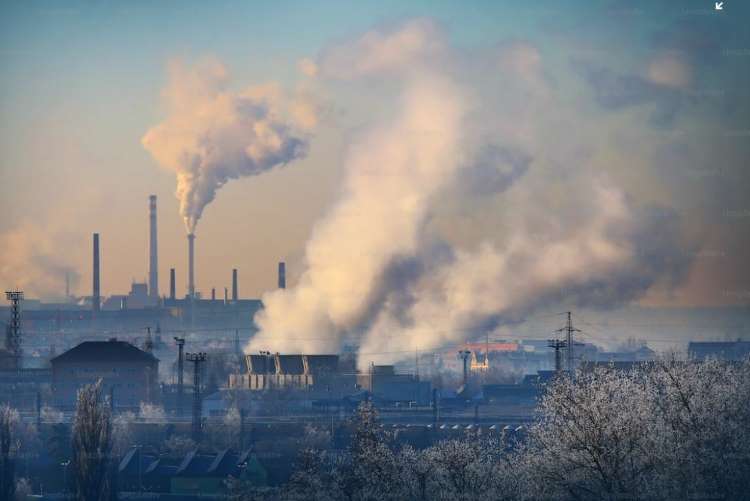India’s Struggle with Coal: The Challenges of Transitioning to Clean Energy

India’s reliance on coal for energy generation remains a contentious issue as the country grapples with rising electricity demands and international climate commitments. Despite being the world’s third-largest carbon emitter, India continues to prioritize coal, which accounts for over 70% of its electricity supply. Experts argue for a shift towards decarbonization of coal-fired power plants, highlighting the need for cleaner energy solutions while acknowledging the challenges posed by renewable energy sources.
Coal’s Dominance in India’s Energy Landscape
India’s energy strategy has long been anchored in coal, which is viewed as essential for meeting the country’s growing electricity demands. The nation has seen a significant increase in electricity consumption, with a growth rate exceeding 9% from 2021 to 2025, surpassing earlier projections. This surge in demand is expected to double by 2030, reinforcing coal’s role as the primary energy source. Since the early 2000s, coal-fired power plants have consistently generated more than 70% of India’s total electricity supply. However, this heavy reliance on coal comes at a steep environmental cost, contributing to over 40% of the country’s annual carbon emissions.
While India has made strides in renewable energy, accounting for 46% of its total installed capacity, these sources face inherent limitations. Renewable energy generation is contingent on weather conditions, leading to fluctuations in supply. Consequently, coal remains a reliable option for meeting peak electricity demands, particularly during evenings when renewable sources may not suffice.
Challenges in Transitioning to Cleaner Energy
Despite the push for renewable energy, India’s energy storage capacity has not kept pace with the growth of renewable resources. Experts emphasize the need for large-scale energy storage solutions to ensure a stable electricity supply. Rajiv Porwal, director of Grid India, highlighted that without adequate storage, thermal energy remains the only viable option for consistent electricity supply. This situation raises concerns about grid stability, as any significant mismatch between demand and supply could lead to power cuts and blackouts.
To address these challenges, India is focusing on reducing emissions from coal-fired power plants rather than phasing out coal entirely. A recent report from the Centre for Science and Environment (CSE) suggests that decarbonizing coal-based thermal plants could reduce greenhouse gas emissions by 30%. This aligns with India’s commitment to decrease emissions intensity by 45% by 2030 under international climate agreements.
Strategies for Emission Reduction
Experts propose several strategies to enhance the efficiency of thermal plants and reduce emissions. One approach involves improving the operational efficiency of these plants, allowing them to run at lower capacities without compromising electricity supply. Ramesh Veeravalli from India’s Central Electricity Regulatory Commission noted the technical feasibility of lowering the minimum running capacity of thermal plants.
Additionally, adopting carbon capture technologies could help mitigate emissions, although current methods capture only a small fraction of global emissions. Another innovative solution involves substituting coal with agricultural residues in thermal plants, a practice that has shown promise in reducing coal usage in regions like Delhi. However, widespread adoption of this method across the country remains limited.
The Path Forward: Systemic Changes Needed
Reducing emissions from coal-fired power plants will require comprehensive systemic changes, which may entail significant costs. Experts agree that addressing these challenges is crucial for India’s energy future, but the financial implications and accountability for these costs remain uncertain. As India navigates its energy landscape, balancing the need for reliable electricity with environmental responsibilities will be essential in shaping a sustainable future.
Observer Voice is the one stop site for National, International news, Sports, Editor’s Choice, Art/culture contents, Quotes and much more. We also cover historical contents. Historical contents includes World History, Indian History, and what happened today. The website also covers Entertainment across the India and World.

